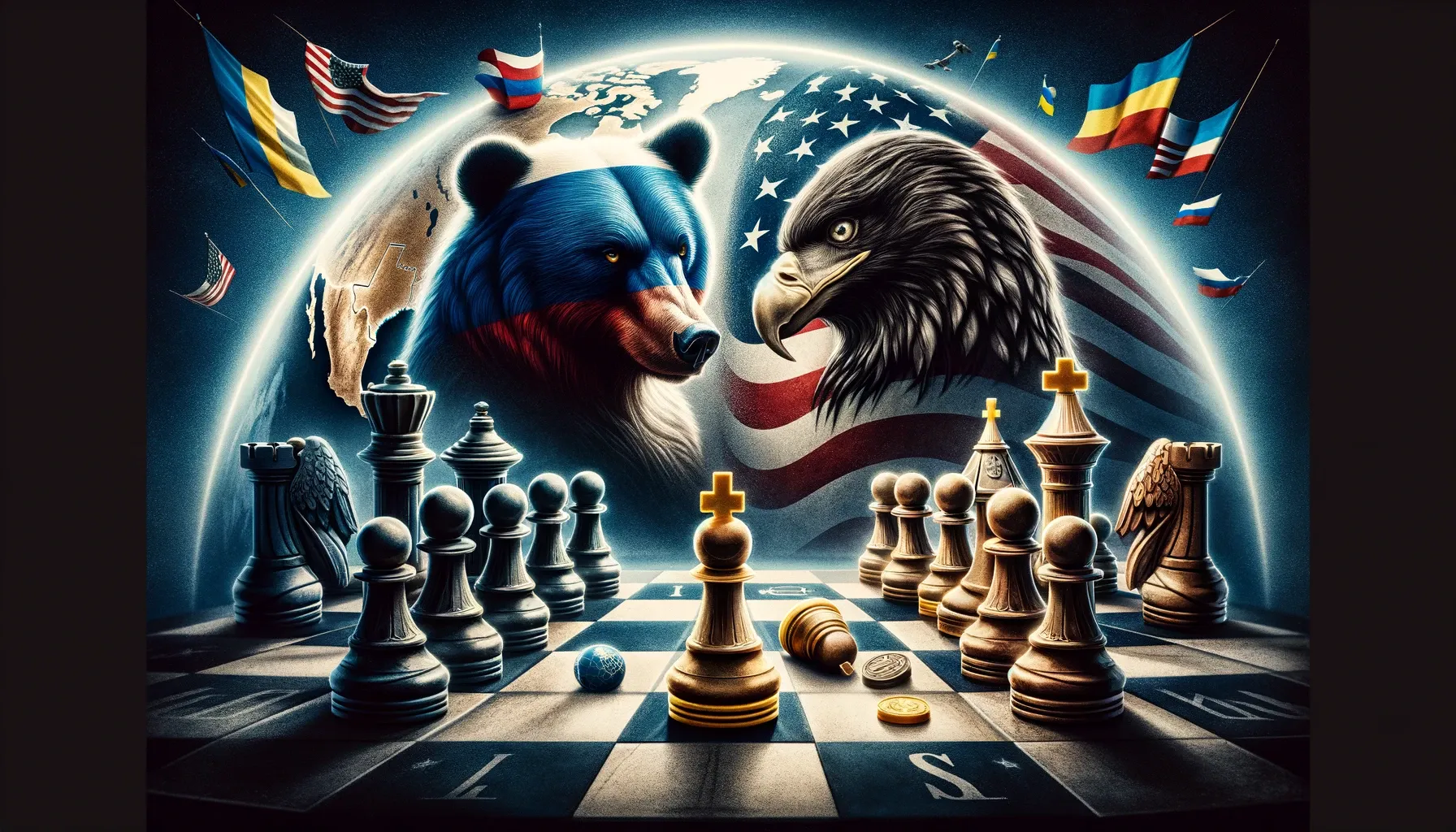Geopolitical Chess: The Strategic Tug of War Over Ukraine
In a recent development surrounding the Ukraine-Russia conflict, Russian envoy to the United States, Anatoly Antonov, has openly criticized the latest US military aid package to Ukraine. Describing it as a "bloody New Year’s gift to Kyiv," Antonov's remarks, reported by Russia Today and shared

In a recent development surrounding the Ukraine-Russia conflict, Russian envoy to the United States, Anatoly Antonov, has openly criticized the latest US military aid package to Ukraine. Describing it as a "bloody New Year’s gift to Kyiv," Antonov's remarks, reported by Russia Today and shared on social media, highlight a deepening rift between Russian and American perspectives on the ongoing conflict.
Antonov accused the United States of perpetuating the war, alleging that the US is using Ukraine as a tool against Russia, risking the lives of countless Ukrainians. He warned that the American support is leading Ukraine towards a catastrophic path, implying that the Ukrainian government is being manipulated by the US into a dangerous confrontation with Russia.
Contrasting the US stance, Antonov drew attention to Russia’s recent military achievements, specifically the capture of Maryinka in the Donetsk People’s Republic. He criticized the US for ignoring these developments, accusing them of only focusing on what he termed as “Ukrainian fetish victories,” thus presenting a one-sided narrative of the conflict.
Furthermore, the diplomat expressed skepticism about the effectiveness of NATO's military support to Ukraine. He predicted that the arms supplied by NATO countries would ultimately be ineffective, asserting that they would be destroyed on the battlefield without changing the overall dynamics of the conflict.
These comments followed the announcement by the Biden administration of a $250 million military aid package to Ukraine. The package includes air defense munitions, rockets, artillery shells, and small-arms ammunition. This aid announcement comes amidst political challenges in the US, where Republican opposition in Congress has blocked further funding requests for Ukraine, linking their approval to domestic policy issues like immigration reform and border security.
US President Joe Biden has criticized this opposition, suggesting that it poses a threat to national security and could embolden Russian aggression beyond Ukraine, potentially even against NATO members. In response, Russian President Vladimir Putin dismissed Biden’s statements as exaggerated, framing them as an attempt to deflect from the US administration's own foreign policy failures. He reiterated that preventing NATO expansion into Ukraine remains a key Russian objective.
The US State Department confirmed the military aid package, stating it to be the final one until Congress approves further funding. The package aims to bolster Ukraine’s defense capabilities with various military supplies. However, the US Defense Department has clarified that this marks the limit of the current funding, emphasizing the need for Congressional approval for any future assistance to Ukraine.
This situation underscores the complex interplay of international relations, domestic politics, and military strategy in the ongoing Ukraine-Russia conflict, reflecting divergent narratives and strategic objectives of the involved parties.




